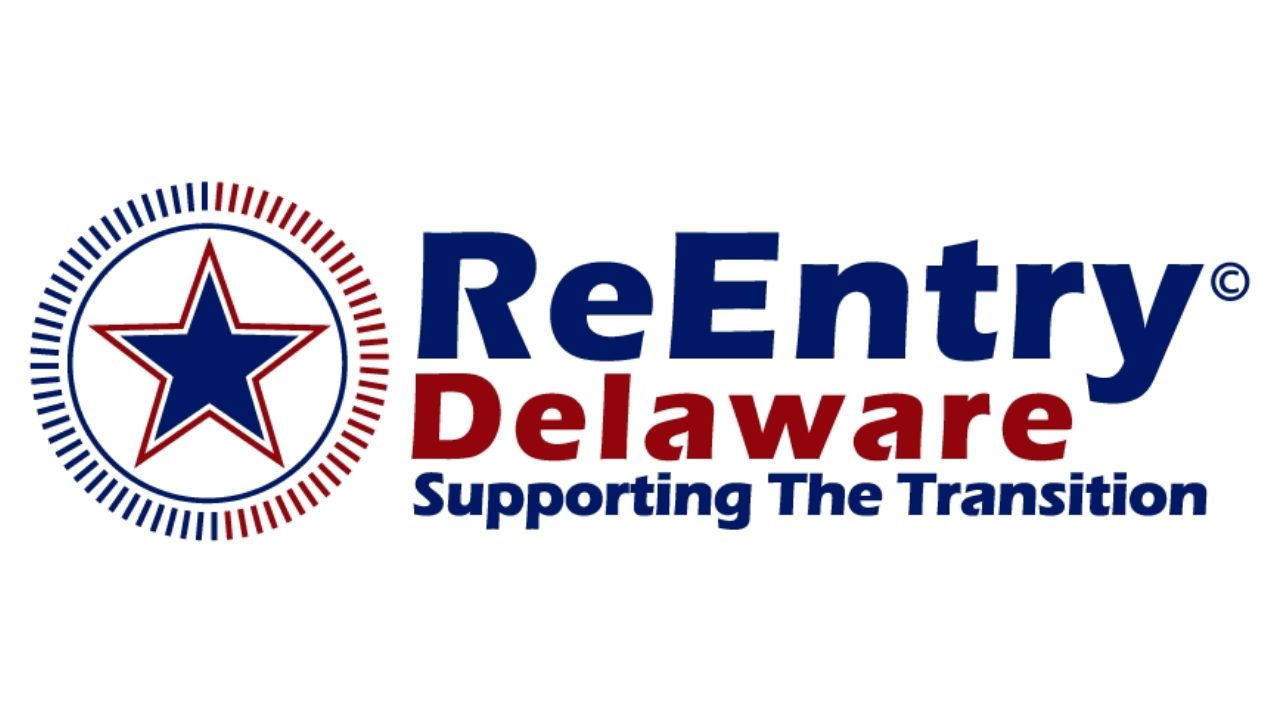The job market has inevitably faced changes during and post-pandemic. In many cases, talent pools have expanded because of remote work policies. This ushers in a new wave of personalities and demands. It’s important for leaders to recognize different types of recruitment trends that are circulating in this new environment so that they can attract and retain the best talent for their companies.
Here are the five recruitment trends leaders should watch out for in their hiring process.
Hire more women for traditionally male-dominated industries
This transitionary period back to normalcy gives leaders the opportunity to replan and organize their work culture in a way that empowers more women to occupy positions that are normally occupied by men. These include industries like mining, engineering, technology, and finance.
According to a Mckninsey report, 1 in 4 women considered leaving their jobs or downshifting their careers due to the pandemic, compared to 1 in 5 men. The pandemic’s “gender effect” has only exacerbated existing inequalities, at work and at home.
Therefore, structuring an organization that prioritizes having a balanced ratio of women to men is important to counteract the downward spiral effect the pandemic has had on women in the workplace.
Emphasize non-monetary benefits
According to a Glassdoor survey, the most striking thing they found was that compensation and benefits sat at the bottom of determinants for workplace satisfaction. The top predictor of workplace satisfaction came down to culture and values, followed by the strength of leadership, and then career development opportunities. However, when it comes to attracting talent to apply for the job, compensation and benefits remain crucial.
Even prior to COVID-19, employers are recognizing that when talent is searching for the ‘perfect job’, they are looking beyond just financial compensation. This is the reason why an attractive hiring package includes a plethora of health and social benefits which can be beneficial for employers struggling with budgetary issues. Employers could pivot their focus to non-monetary benefits like fitness credits, a roster system enabling people to coordinate family time, work from home policies…etc.
For retainment purposes, leaders would benefit from instigating a strong culture throughout the company as well build a quality leadership team.
Assess for emotional intelligence

Emotional intelligence has been frequently cited as an important trait for success across many industries. A human’s emotional intelligence is harder to replace with technology. Technical skills can generally be developed through a good onboarding process, whereas emotional intelligence is harder to train. In the hiring process, emotional intelligence can be assessed through interviews, personality tests, and challenging applicants to unfamiliar scenarios to test their reactions.
Also, if you’re trying to develop leaders within an organization, high EQ should be a trait to watch out for.
Be more open-minded
In cases where talent pools have downsized, employers are left with fewer candidates to pick from. Thus, it becomes more pertinent for employers to eliminate unconscious biases; looking for the ‘perfect employee’ based on gender or age. It should give precedence to the important aspects like job-specific skills, culture-fit, and emotional intelligence.
More seniors may be applying for entry remote jobs because of the pandemic, and conversely, young people might be wanting to secure higher leadership positions. When it comes to talent, there shouldn’t be a cap regardless of what age you are, or what your gender is.
Lezly D’limi, the CEO of the talent acquisition company talentko(™) says, “I firmly believe that everyone should be given equal opportunities to succeed in life. Everyone has the ability to reroute and change their life, but sometimes they need someone to take a chance on them.”
Vice versa, if the talent pool has expanded globally, leaders have to acknowledge and learn about differences in cultural interaction and be mindful of the different perspectives people bring to the table.
Connect people with their purpose
Many people across the world have experienced layoffs and other hardships in the past two years. It has given many the time to reflect on what they truly want out of their lives, which has spawned this Great Resignation movement.
Research shows that 70% of people attribute their work to their purpose. This is why it’s crucial for employers to recognize what applicants are looking for, and how to connect their future work to a greater cause. This is likely to lead to more job success and retainment because people are going to work harder if they see it as fulfilling some sort of greater calling.
As Lezly points out, “I think when people have a bit more time to think about what they actually value in their life, a lot of that comes down to having some freedoms, and being in lockdown sort of takes that away.” talentko(™) has an empowering culture because recruiters are motivated to match the right people to a job that serves their purpose.
When hiring for a position, it goes beyond just skill assessment but assessing whether the job is a sustainable fit for the candidate. Hiring people that can assess the situation autonomously and excel at mitigating conflict, can lead to less friction in the workspace.
Conclusion
Recruitment trends are constantly evolving and the statistics show that people are looking for more from work, than just financial security. Employers need to get creative in their hiring processes and attract the best talent by offering competitive benefits. Things like strong work culture, flexibility, and purpose-driven work are most likely to draw out the modern, post-COVID generation.




